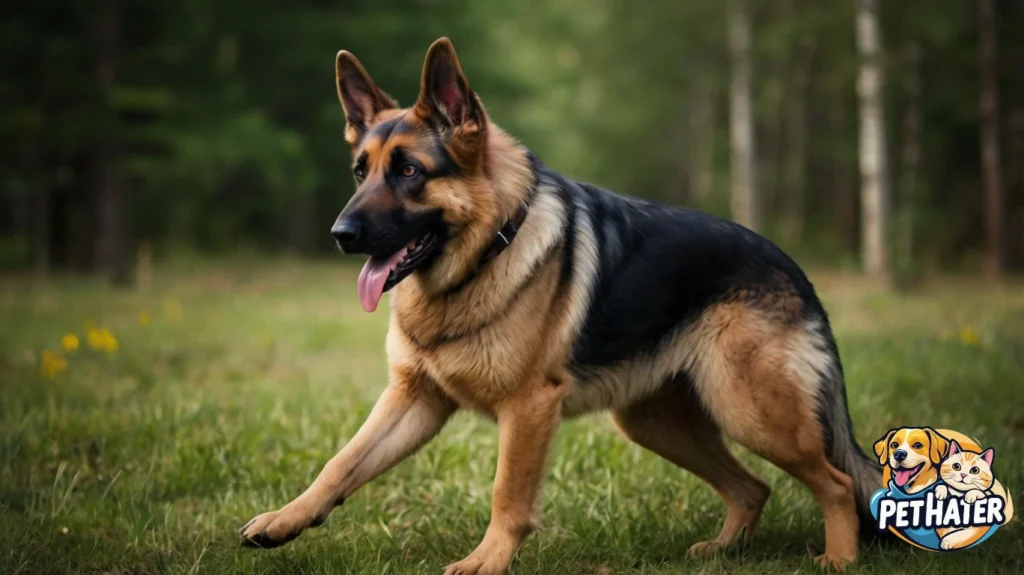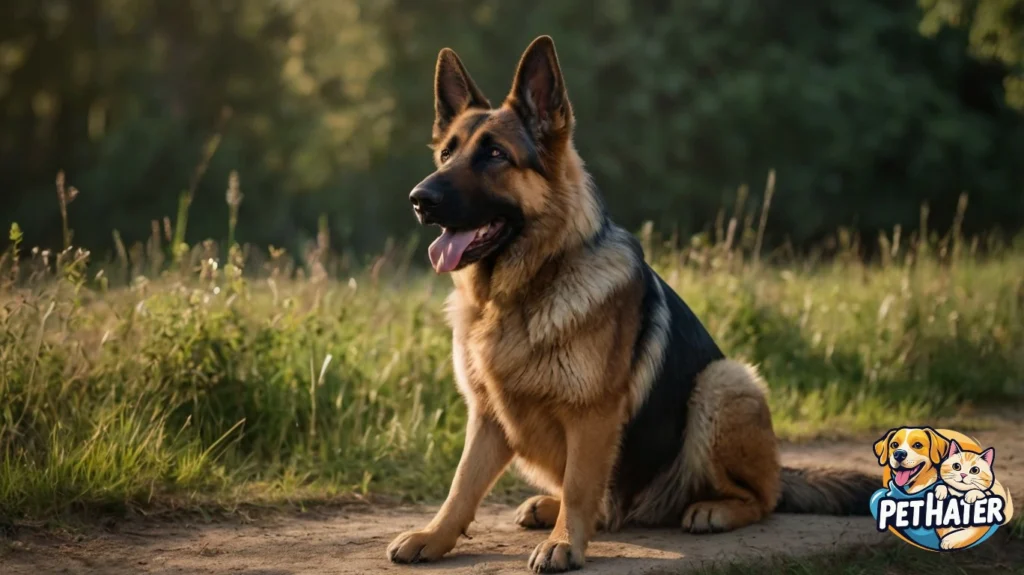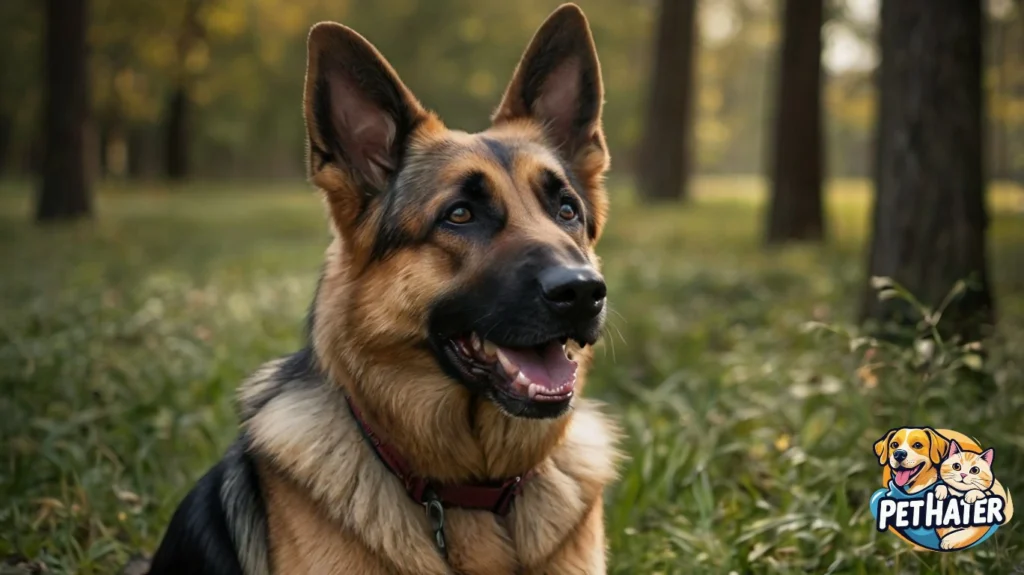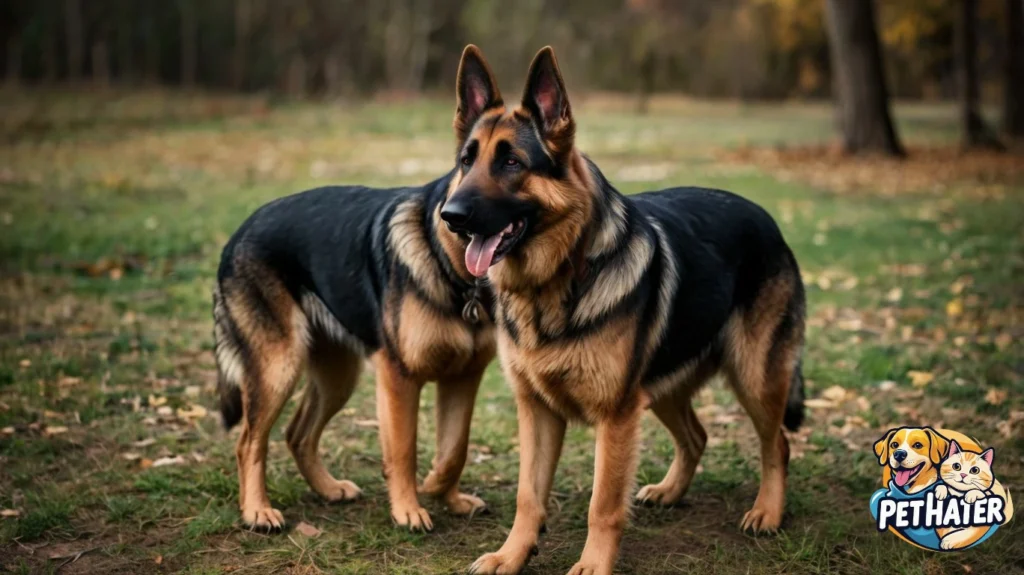Introduction to the German Shepherd dog
The German Shepherd dog (GSD) is one of the most recognizable and respected dog breeds in the world. Known for their intelligence, loyalty, and versatility, German Shepherds are popular not only as family pets but also as working dogs in various fields such as law enforcement, military, and search-and-rescue missions. In this article, we will explore the history, characteristics, temperament, care needs, training, and suitability of German Shepherds for different lifestyles.
History of the German Shepherd Dog
The German Shepherd Dog originated in Germany in the late 19th century. Captain Max von Stephanitz is credited with developing the breed as a herding dog. He sought to create a dog that was not only intelligent and hardworking but also had a strong sense of loyalty and obedience.
The breed gained international recognition during World War I and World War II, where German Shepherds served as messenger dogs, guard dogs, and search dogs. After the wars, the breed’s popularity soared across Europe and North America.

Appearance and Physical Characteristics
German Shepherds are large-sized dogs with a well-muscled, athletic build. Their distinctive appearance includes a noble, confident expression, erect ears, and a bushy tail.
Key physical features:
- Height: 22 to 26 inches (55 to 65 cm)
- Weight: 50 to 90 pounds (22 to 40 kg)
- Coat: Medium-length double coat; can be straight or slightly wavy
- Coat Colors: Most commonly black and tan, but also sable, all-black, all-white (less common), and bi-color
- Life Expectancy: 9 to 13 years
Their strong, agile body makes them capable of various physical activities, which is one reason they are chosen for demanding jobs.

Temperament and Personality
The German Shepherd Dog is renowned for its balanced temperament. While they are naturally protective, they are not aggressive without reason. Their loyalty and intelligence make them highly trainable and devoted to their families.
Common personality traits:
- Loyal and devoted to their owners
- Intelligent and quick learners
- Protective and alert, making excellent guard dogs
- Energetic and playful, especially with familiar people
- Reserved with strangers, but not typically aggressive
Early socialization is key to ensuring a German Shepherd is well-rounded and adaptable in various environments.

Training and Intelligence
One of the standout qualities of German Shepherds is their exceptional intelligence. Ranked as the third smartest dog breed in the world (after the Border Collie and Poodle), they excel in obedience, agility, and working tasks.
Training tips for German Shepherds:
- Start early: Begin basic obedience training and socialization as early as 8 weeks old.
- Be consistent: Use clear commands and reward-based training methods.
- Provide mental stimulation: Puzzle toys, scent work, and advanced obedience tasks help prevent boredom.
- Engage in physical training: Activities like hiking, running, and fetch are perfect for this active breed.
They thrive in environments where they are given jobs or regular tasks to do. Idle German Shepherds may become destructive or anxious due to lack of stimulation.

Health and Common Medical Issues
German Shepherds are generally healthy, but like all breeds, they are prone to specific health conditions.
Common health concerns:
- Hip and elbow dysplasia: Genetic joint conditions that can lead to arthritis.
- Degenerative myelopathy: A progressive disease of the spinal cord.
- Gastric dilatation-volvulus (bloat): A life-threatening condition common in large breeds.
- Allergies and skin problems
To ensure a healthy dog, always get a German Shepherd from a reputable breeder who tests for genetic conditions. Regular veterinary check-ups, proper nutrition, and exercise can extend their life and improve their quality of life.

Grooming and Maintenance
German Shepherds have a double coat that sheds heavily, especially during spring and fall. Regular grooming helps manage shedding and keeps the coat healthy.
Grooming tips:
- Brushing: At least 2–3 times a week; daily during shedding seasons.
- Bathing: Once every 1–2 months unless they get particularly dirty.
- Nail trimming: Every 3–4 weeks.
- Ear cleaning and dental care: Regular maintenance to prevent infections and dental diseases.
Though their grooming needs are moderate, the shedding can be intense — something potential owners should be prepared for.

Diet and Nutrition
Proper nutrition is essential for the health and energy of a German Shepherd.
Nutritional guidelines:
- High-quality protein: To support muscle mass and energy.
- Healthy fats: For a shiny coat and brain function.
- Joint-supporting supplements: Like glucosamine and chondroitin.
- Avoid overfeeding: To prevent obesity and stress on the joints.
Feeding them age-appropriate dog food (puppy, adult, senior) and consulting with a veterinarian can help maintain optimal health.

German Shepherds as Family Pets
German Shepherds can be wonderful family dogs when properly trained and socialized.
Pros as family pets:
- Protective of children and home
- Very affectionate and loyal
- Adaptable to active households
- Good with other pets when socialized early
However, due to their size and energy, they may not be the best fit for first-time dog owners or those with limited time for training and exercise.
German Shepherds in Work and Service Roles
German Shepherds are one of the most commonly used working dogs in the world.
Common roles:
- Police dogs: For tracking, protection, and drug detection
- Military dogs: Used in patrols and bomb detection
- Service dogs: Helping people with disabilities
- Search and rescue dogs: Due to their scenting ability and stamina
- Therapy dogs: For emotional support
Their loyalty, intelligence, and trainability make them unmatched in performance-oriented roles.

Is the German Shepherd Right for You?
A German Shepherd may be a perfect companion if you:
- Have an active lifestyle
- Are experienced or willing to train and socialize a dog properly
- Want a loyal and protective dog
- Have the space for a large, energetic pet
On the other hand, if you live in a small apartment, have little time for exercise, or are looking for a low-maintenance pet, the GSD might not be the best fit.
Conclusion
The German Shepherd dog is a breed like no other. With its intelligence, loyalty, strength, and versatility, it is no wonder that they are one of the most popular dog breeds worldwide. Whether as a family companion or a dedicated working dog, the GSD thrives when given love, purpose, and proper care.
If you’re ready for the challenge and rewards of owning a German Shepherd, you’ll gain not just a pet but a lifelong protector and best friend.
